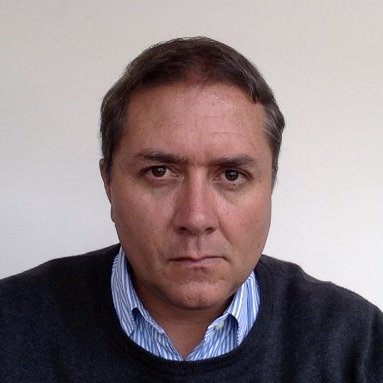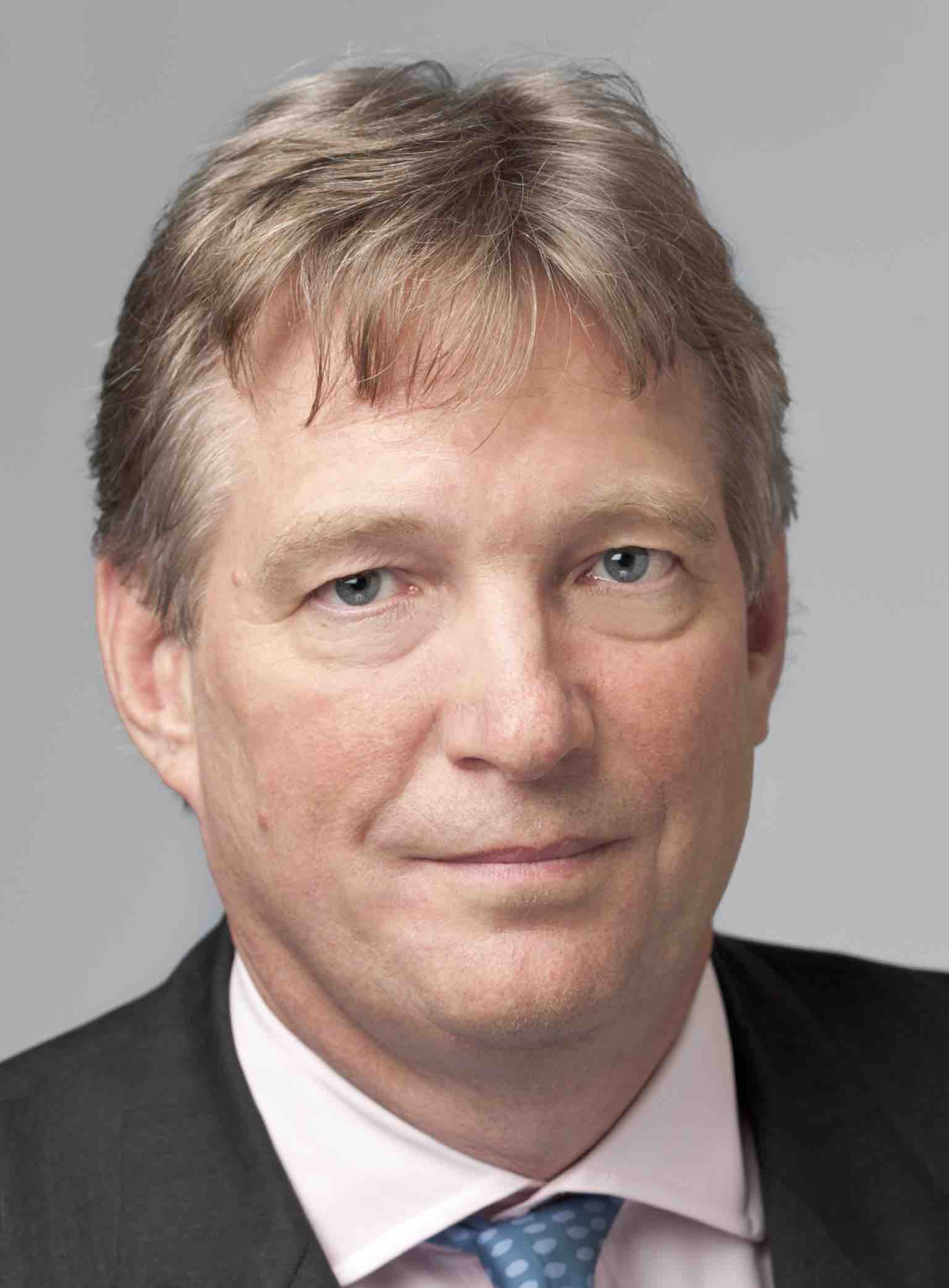Morningstar announced last week the Morningstar Fund Managers of the Year for 2014., for the U.S domestic market. Morningstar gives awards in five categories: domestic-stock funds, international-stock funds, fixed-income funds, allocation funds, and alternatives funds.
The awards recognize managers who have not only just completed outstanding years but have tacked on a winning year to their already stellar long-term track records.
Beyond their 2014 outperformance and topnotch long-term records, this year’s winners share several important traits. “Two are repeat winners from a decade or more ago, truly an indication of the long-term excellence we like to reward. Several are closed to new investors, which we routinely view as a positive move to ensure the best outcomes for existing shareholders. Given their excellent records, all of these closed strategies could easily garner more assets by remaining open, but at the risk of lowering investor returns. Our winning managers also tend to invest alongside shareholders, another element that we see as helping ensure successful outcomes for investors. Finally, not a single winner this year is a solo manager, and several winners are rather large teams of managers, reflecting the fact that more and more funds today are team-managed. In reality, even single-manager funds are generally the work of many”.
Domestic-Stock Fund Manager of the Year: Theo Kolokotrones, Joel Fried, Al Mordecai, Mohsin Ansari, and James Marchetti
Funds: Primecap Odyssey Aggressive Growth, Primecap Odyssey Growth, Primecap Odyssey Stock, Vanguard Capital Opportunity, Vanguard Primecap Core, and Vanguard Primecap. The team from Primecap has gained fame and fortune for itself and shareholders by subadvising Vanguard Primecap for the past 30 years and Vanguard Capital Opportunity for the past 20, and advising three direct-sold Primecap funds for the past decade. The funds are all variants of the same patient contrarian growth strategy, which is based on finding stocks with great long-term growth prospects at discount prices and being willing to hang on to them until the market recognizes their worth. This publicity-shy team quietly goes about its business, with each manager handling his own sleeve of the portfolio, and some senior analysts also getting smaller sleeves to run. Because they all hew to the same investment philosophy, the overall portfolio often has significant sector or industry overweightings, but those result from independent decisions made by different managers rather than a single decision to place a big bet in one area of the market.
International-Stock Fund Manager of the Year: Dodge & Cox International Investment Policy Committee
Funds: Dodge & Cox International Stock (DODFX). Dodge & Cox has rolled out only six strategies since it opened its doors during the Great Depression. Each fund is run collaboratively by an investment-policy committee, including this one, and some members of this nine-person team also serve on the committees that direct other Dodge & Cox funds. Those funds, like this one, have put together impressive long-term records. The managers on the International Investment Policy Committee are highly experienced, to say the least. Every member of the team has been at the firm for more than a decade, and the average tenure is 24 years. Most have also spent their entire careers at the firm. The team won this award back in 2004 with five of the current nine members.
Fixed-Income Fund Manager of the Year: Ken Leech, Carl Eichstaedt, and Mark Lindbloom
Funds: Western Asset Core Bond and Western Asset Core Plus Bond. This year’s fixed-income award winner is a comeback story. The team underperformed during the financial crisis, revealing some flaws in its credit research, ineffective risk oversight, and poor communication between the firm’s macro and fundamental research teams. Since then, a number of improvements have been made to the investment process and risk management, and resources have been strengthened across the board. From 2009 through 2014, the team has guided both funds to topnotch records. Western Asset Core Bond and Western Asset Core Plus Bond land in the top quartile of the intermediate-term bond category for the trailing five- and 10-year periods ended Dec. 31. This is a great example of managers who learned something from a crisis, addressed the problems, and moved forward successfully.
Allocation Fund Manager of the Year: Anne Lester and Team
Funds: JPMorgan SmartRetirement Target-Date Series. This is the first time they’ve recognized a manager of a target-date series. As the investment vehicle of choice (or by default) for retirement-plan savers, target dates are now the largest type of allocation funds, with more than $700 billion in assets and around $50 billion of inflows last year.
Anne Lester has led the JPMorgan SmartRetirement team since the series inception in 2006, and most of the fund’s managers have spent their investment careers at J.P. Morgan. That stability has helped the series successfully blend all the key elements of target-date management: the glide path, strategic allocation, manager selection, and tactical positioning. The series’ glide path is more conservative (lighter in equities) than its peers’, but that decision is based on extensive research on J.P. Morgan’s plan-participant base. Lester and team also emphasize greater diversification than many of their peers, with the allocation including stakes in REITs, high-yield bonds, and commodities. For manager selection, Lester and team screen potential underlying funds for factors such as expected alpha, correlation between strategies, and fees. J.P. Morgan’s fund universe is of varying quality, but the team has done a commendable job selecting consistent performers from that lineup, mixing fundamental and quantitative strategies and otherwise seeking to combine funds that don’t correlate strongly. The team makes tactical moves at the margins that have, in general, added value.
Alternatives Fund Manager of the Year: Robert Jones and Ali Motamed
Funds: Boston Partners Long/Short Equity. It probably comes as no surprise that we don’t have a very big universe of alternatives managers that have Morningstar Analyst Ratings of Gold, Silver, or Bronze. That’s because most mutual funds that pursue alternative strategies have relatively short records. This year’s winner, however, is one of the longest-tenured managers in the alternative mutual funds space. Robert Jones took over Boston Partners Long/Short Equity fund in 2004, when the strategy was overhauled to its current approach. Ali Motamed, a longtime analyst on the fund who has worked with Jones for more than a decade, was promoted to the named management team in 2013.





